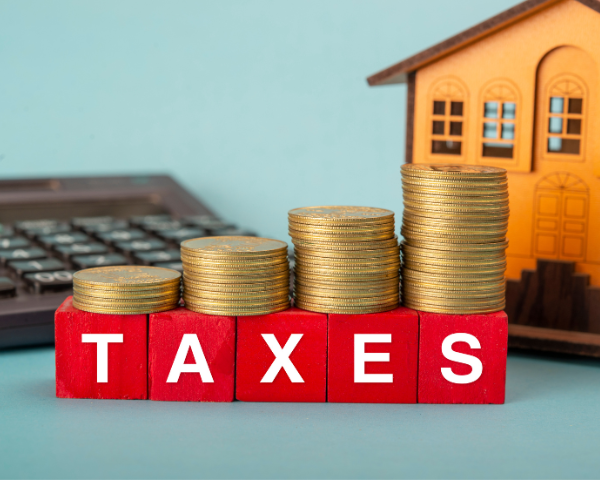
It’s tax season! It’s time to start pulling together all of the documents that you will need in order to prepare your tax return on your personal property or your rental property in North San Diego County. Tax day isn’t until the 15th of April, but the time to start planning is now. You will need strategic organization to make the process more doable and advantageous. Here’s what you need to wrap the year up neatly:
Gather Essential Documents
Start by identifying the essential documents specific to homeownership. Separate personal documents from those related to each of your properties. Designate a specific folder or organizer for all your tax-related documents. The following are some of the paperwork you need compiled and ready for review:
Personal:
- Full name, SSN and DOB
- Last year’s tax return
- W2’s from each employer
- 1099 forms from extra income
- Charitable contributions (and receipts)
- Medical expenses
- Health insurance premiums
Homeowners:
- 1098 Mortgage Interest Form
- Energy-efficient upgrade receipts (which may qualify for tax credits)
- Closing documents (if home was purchased or sold during this tax year)
- Insurance premiums
- Real estate taxes paid
- Home improvement expenses
Real Property Owners:
- 1099 from your property manager (you should receive this around the end of the month). Call your property manager around February 7 if you do not have it yet. If you manage your own property, you will not have this document.
- Receipts for expenses (These could include utilities, the gardener, the pool man, or any repairs or upgrades made to the property among other things.)
- Insurance premiums
- Real estate taxes paid
- Mortgage interest
At Broadpoint Properties, we are property managers and residential and commercial real estate sales specialists—not tax professionals. However, we do help our property management clients to prepare their package for their tax person. If you are looking for a North San Diego County property management company, feel free to contact the team at Broadpoint Properties.
Have Electronic Backup
We’re lucky to have tools at our disposal for keeping track of important records. A digital system ensures that your documents are protected against physical damage or loss. Make use of document scanner apps, budgeting apps and cloud-storage services.
Understand Homeownership Tax Deductions
Familiarize yourself with common deductions such as mortgage interest, property taxes, and home office expenses. If you’re unsure about certain deductions or credits, consider consulting with a tax professional for guidance. Make sure that you have the necessary receipts to support these deductions during the filing process.
Maintain a Year-Round Approach
Don’t limit your tax organization efforts to the weeks leading up to the filing deadline. Adopt a year-round approach by consistently updating your records. Stay proactive in documenting changes in property ownership, renovations, or any significant financial transactions related to your home.
Regularly reviewing and updating your tax documents ensures that you’re well-prepared when tax season arrives. It also minimizes the risk of overlooking deductions or encountering last-minute challenges during the filing process.
Make sure to file your tax return by the deadline. You’ve still got a good chunk of time to prepare and gather all the paperwork needed so you can maximize your refund and making the whole process stress-free!



